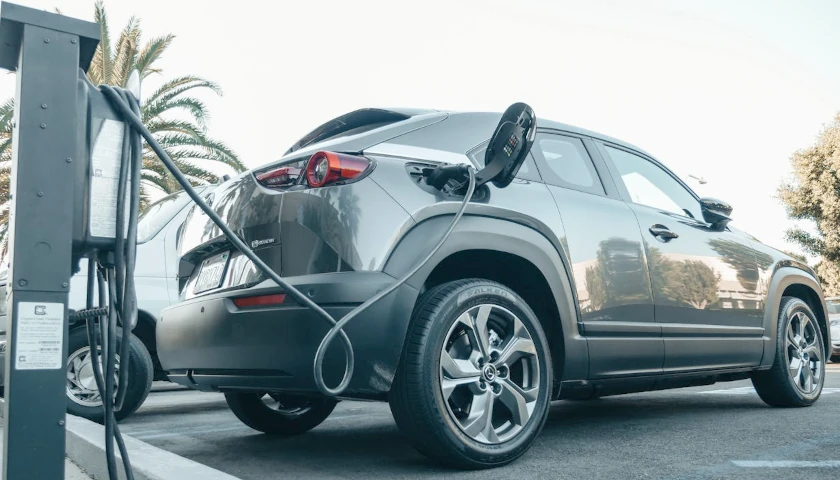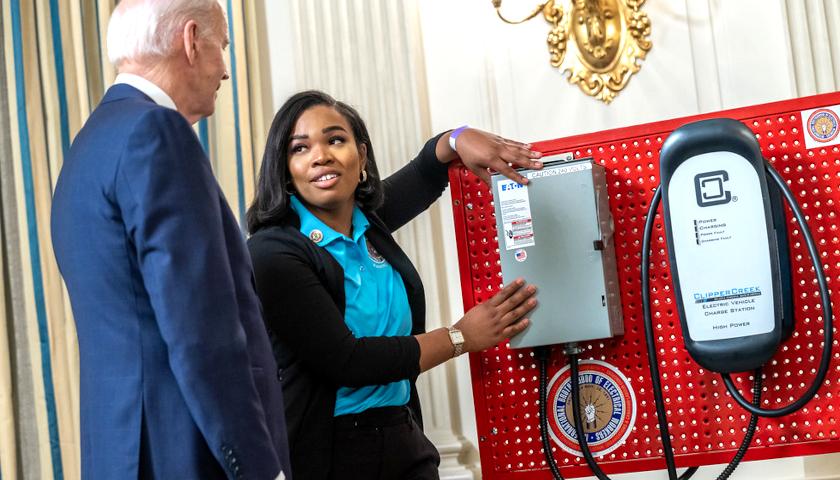Criminals are increasingly stealing cables from electric vehicle (EV) charging stations around the country, according to The Associated Press.
In a growing trend, thieves are targeting EV chargers to cut off their cables and take the valuable copper contained inside the wiring, often rendering the vandalized chargers useless until repairs can be made, according to the AP. Especially if they accelerate, the thefts could be another hurdle for the Biden administration’s major EV push, which has struggled to beat back consumers’ concerns about EV range and charger availability.
Read More


